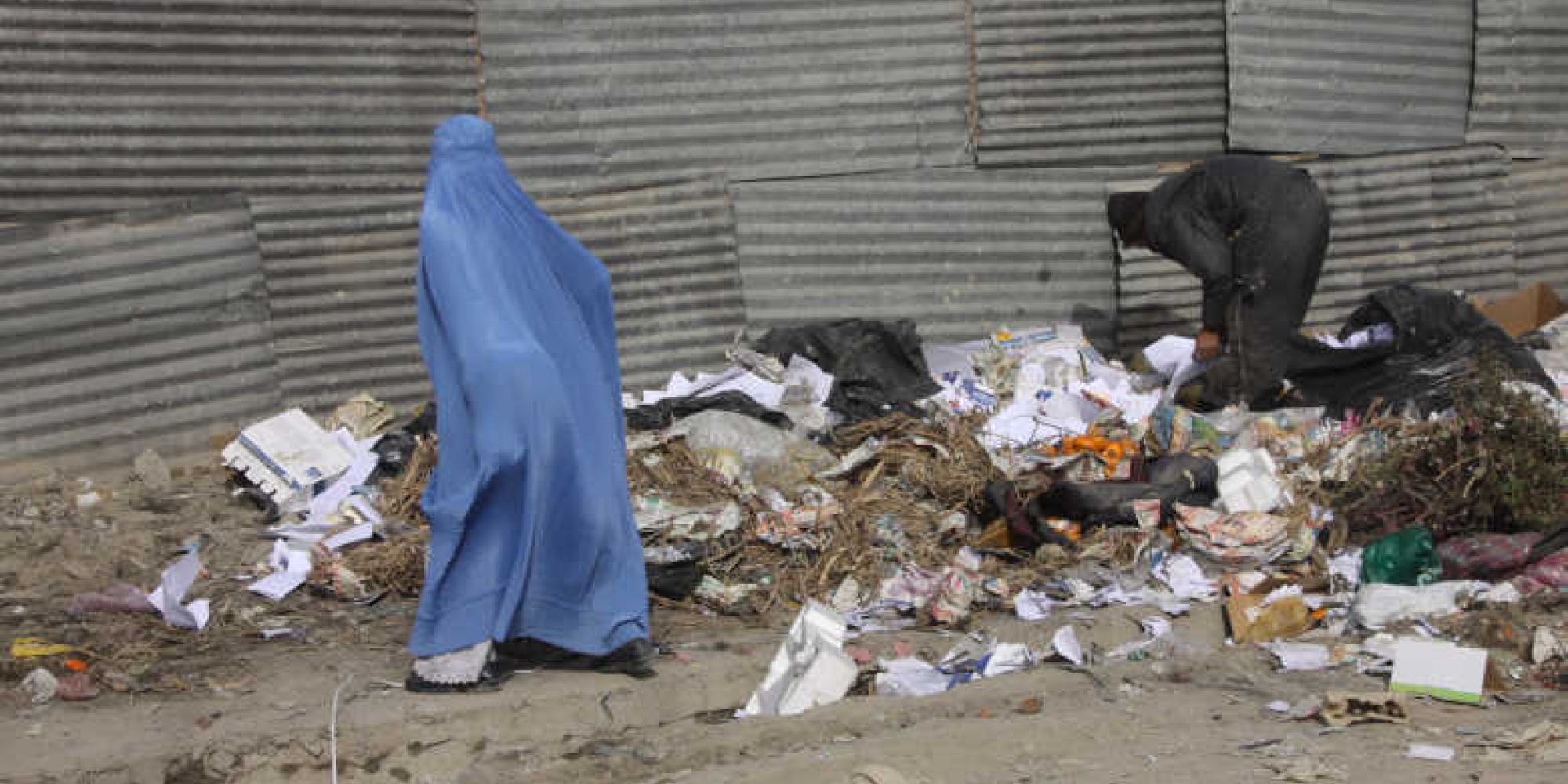
The Self-Interested Dialogue with the Taliban: The Latest Western Betrayal of Afghanistan
In the creeping attempt to sway public opinion toward recognizing the Taliban government, the new buzzword is “engagement,” according to the Italian ambassador to Afghanistan, Natalia Quintavalle, or “normalization,” as per the U.S. Special Envoy for Human Rights and Afghan Women, Rina Amiri, at the Doha Forum.
This “new” term serves to conceal from the public—outraged by the treatment of the Afghan population, especially women—the real intentions of the United States and Western governments, which is to resume talks with the Taliban that had brought them back to power in 2021. These talks were officially halted because they were difficult to justify given the obvious persistence of the Taliban’s fundamentalism and the severity of their anti-democratic measures, after a 20-year war that the West claimed was fought to eliminate them.
While official recognition of the Taliban government is still not accepted, the need for dialogue is acknowledged as a pragmatic stance that recognizes this as a fact, and if we don’t engage, only other regional powers will, making economic deals. The justification for this concession lies in the immense need of the Afghan population, reduced to hunger by forty years of conflict, economic and climatic factors (cold, famine, earthquakes), and not least, the Taliban’s own policies.
This path began last spring when John Sopko, the Special Inspector General for Afghanistan Reconstruction (SIGAR), publicly and indignantly stated that the humanitarian aid sent to Afghanistan was largely seized by the Taliban to run their state apparatus and support their backers, leaving only crumbs for the population. This was echoed by reports from various major international aid organizations for Afghanistan, which disappointingly stated that the improvements for the population were minimal.
Thus, the idea of a strategic shift began to take hold: the need for not just emergency aid but support for the country’s economic recovery. Maneuvers for rapprochement started, initially by giving Turkish diplomat Feridun Sinirlioğlu, the UN Special Coordinator for Afghan Affairs, the task of writing an “independent” report outlining the path to “full normalization and integration of Afghanistan into the international system.” This was followed by international meetings at various levels, and finally, on December 10-11, with direct contact between the United States and the Taliban at the Doha Forum.
The conference, after the usual recommendations and complaints about the lack of recognition of girls’ and women’s right to education and work, focused on the real issues of interest to both the Taliban and the participating states: the unfreezing of Afghan funds held by the U.S. and the possibilities for the Afghan economy’s recovery, leading to economic and trade agreements aimed at a “normalization” without “recognition” that would make Afghanistan one of the many countries worldwide that do not respect human rights as they should but with whom economic deals are made because “if the economy stops, everything stops, and the starving population suffers too.”
Italy is also fully engaged in this dialogue with the Taliban, as Ambassador Quintavalle explained clearly in an interview published by Avvenire at the end of November 2023. She stated that her role is to act as a bridge between the embassies abroad (which, like ours, do not want to show direct contact with Kabul), NGO officials, Afghan exiles, and the Taliban.
She regularly meets with Kabul representatives to engage them in concrete matters (humanitarian intervention, terrorism, economy), because it is easier to find agreement on these practical issues than on matters of principle, anti-fundamentalism, secularism, human rights, and women’s rights. Once these problematic principles are stated and contested by both sides, they are set aside to address more urgent, practical problems. On these issues, the Taliban are willing to dialogue and even agree to grant education to girls, if not for the “bad” emir who commands everything from afar and does not allow it. But perhaps they will manage to send the girls at least to religious schools, where they learn nothing but religion (as we have recently seen, even boys who attended these schools were disappointed because they realized they had nothing practical for their future) but, at least, these girls can leave their homes, poor things, relax a bit, and maybe won’t commit suicide as much as they do now.
The ambassador claims that this is what women and girls left in Afghanistan ask for. However, it seems unlikely that she has direct contact with them from afar and from her institutional position and knows what they want. It is the former political leaders who left the country who are invited to various international forums and whom she has surely often met. Think of Fazia Kofi, Rangina Hamidi, Hoda Khamosh, Mahbouba Seraj, the same ones who directly participated in the Doha Talks in 2019, who take every opportunity to advocate the need to dialogue with the Taliban and convince them to form a more “inclusive” government, meaning a government that allows them to return to leadership positions, even if secondary, they held in the old executive.
This is not what the activists living in Afghanistan want and ask for, those who fight and manifest in every possible way their opposition to the Taliban regime and its normalization. There is nothing in that ideology and government practice that can be considered acceptable even in the slightest or translated into laws that allow the life and rights of women and the Afghan population.
The ideological and practical principles of the Taliban government are incompatible with any form of compromise or inclusion, and their governance system cannot be reformed to respect human rights. Supporting the regime through dialogue only betrays the Afghan people, who need genuine support to overthrow the oppressive regime and build a society that truly respects human dignity and rights.
